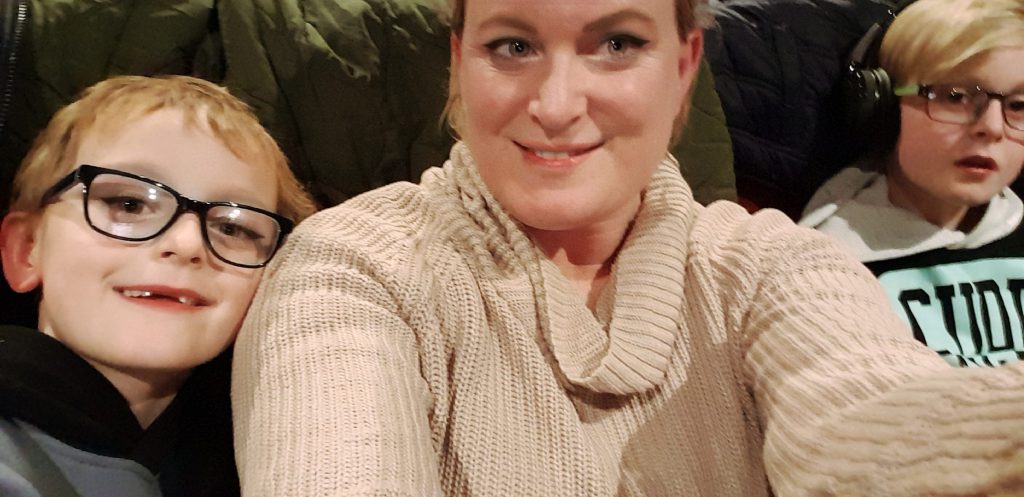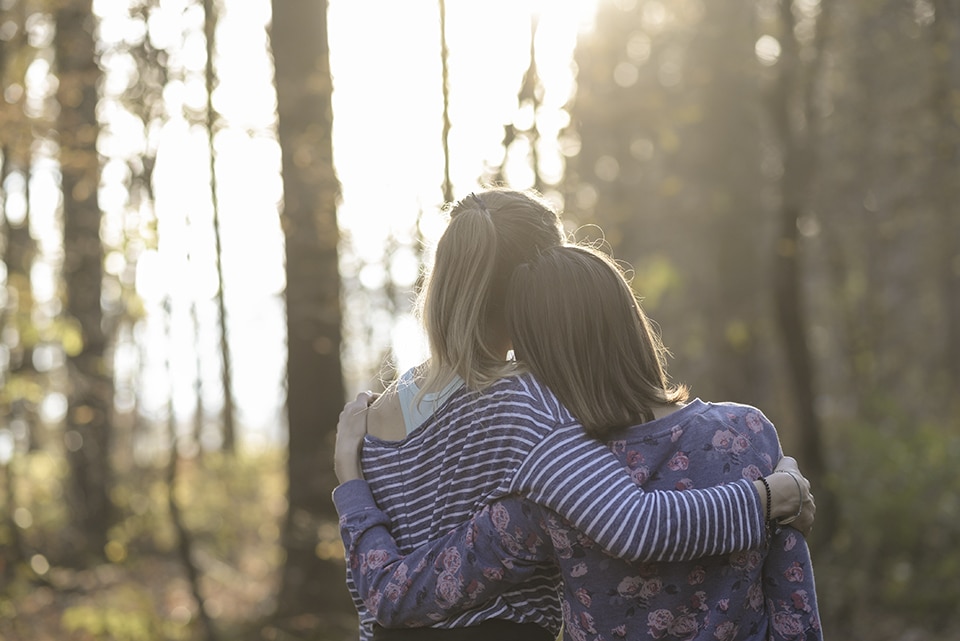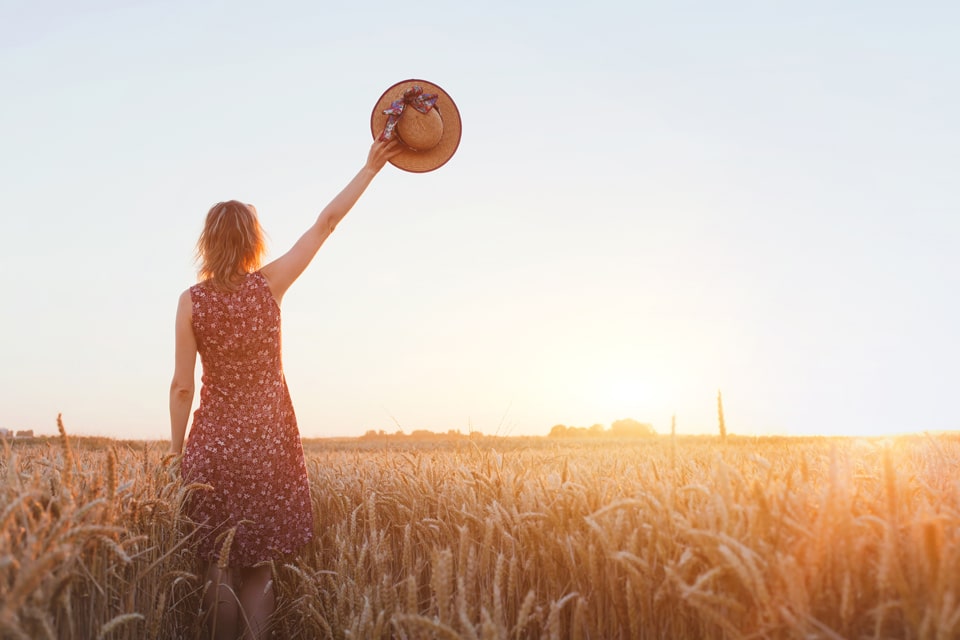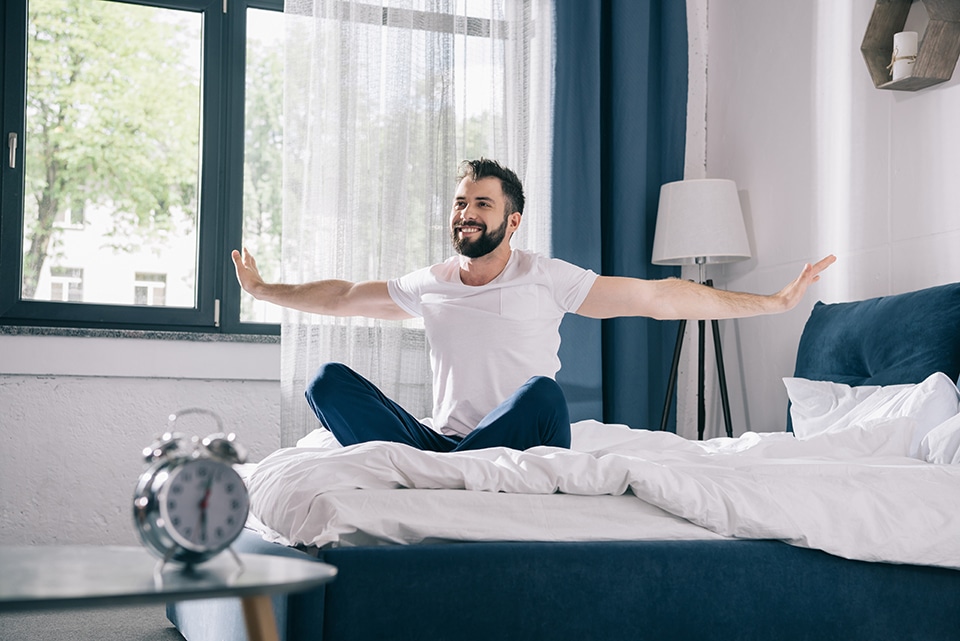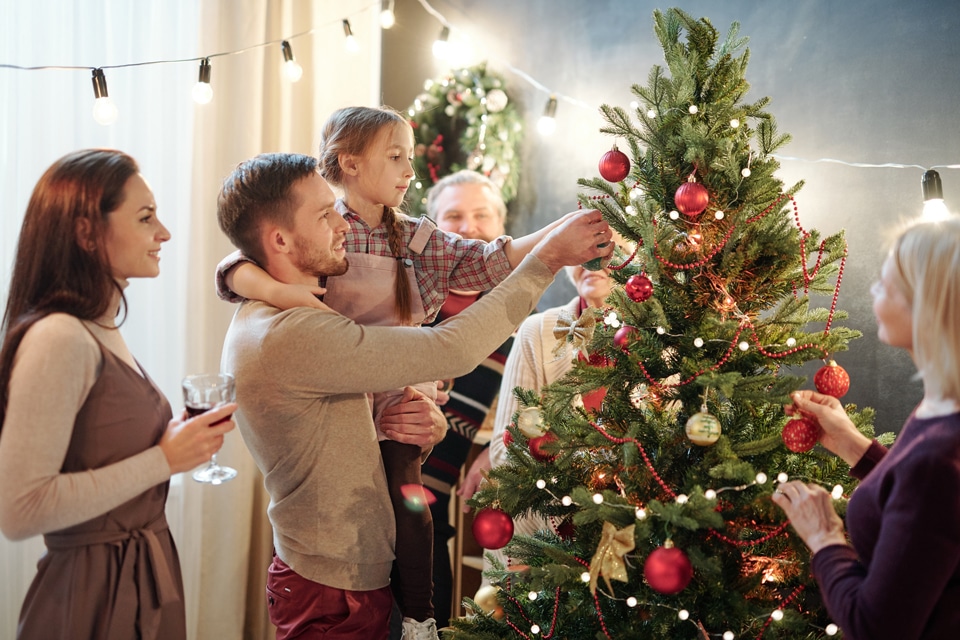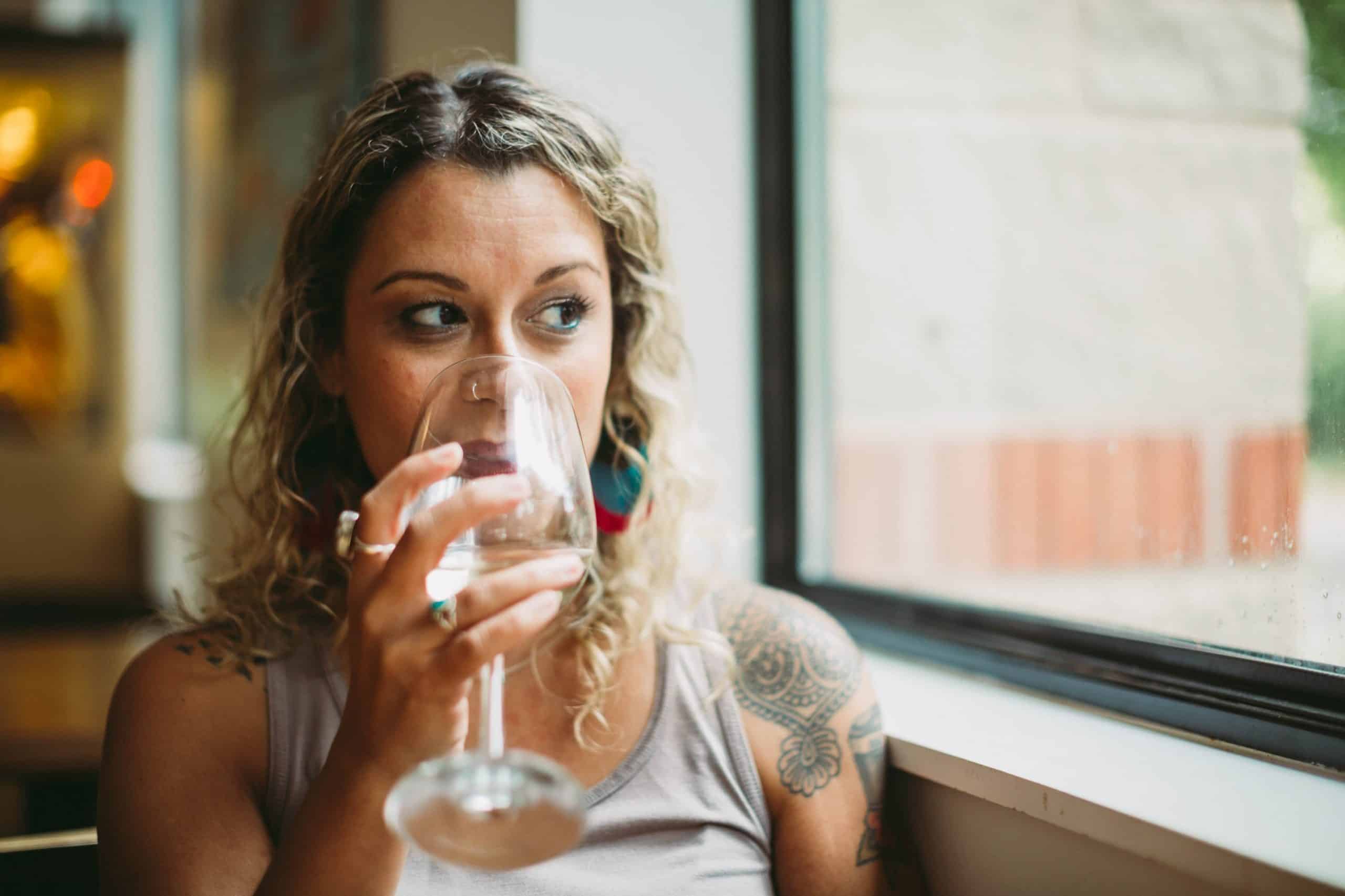This week’s guest blog is from Leonie, one of the featured stars from Hello Sunday Morning’s ‘The Talk We Needed’ Campaign.It’s life changing when I see how different I am as a woman today, as mother, wife, friend and daughter, and apparently I am changing lives by living life out loud! I am enjoying my Friday nights much more without drowning my sorrows and I look forward to waking to a cup of tea, which is now my drink of choice. I am happiest to hear from people from out of nowhere who have heard my story, who would like to thank me for talking about my unhealthy relationship with booze. Even more taken aback when friends tell me that I have helped them to drink less or consider a break from alcohol because I spoke up. So I am making new connections and living the life that I truly desire.It was from a deep sense of not being able to control my drinking that I felt like I was not worthy as a person. Whether or not I felt like I needed to drink, I did so to feel like I was a better mother, or to fit in, or because I thought I deserved it after a typical busy week. Even during my pregnancies I did not abstain from drinking alcohol, reasoning that if my obstetrician was okay with it, then so was I.Why was I finding myself calling Alcoholics Anonymous to make enquiries for ‘other people’, but could not see myself, even for looking. I often feel like I was making more of an issue about my drinking than anyone else was, and the truth is that I was not drinking any more or less than the next person, but I knew that I must seek help for a problem that only I would realise after stopping, was bigger than what I realised, because I did not see that I had a choice.I thought you were just destined to drink, drink lots, and do it often , usually behind closed doors , or think about it and plan for the next big night , usually when I could sleep it off the next day without having to front-up to friends, family or my kids. It would see me spiralling, mentally spinning and lost for words. I was sinking further into a pit that I was not familiar with. I was not aware, until I sought help, that I was experiencing a pretty intense mood disorder, not made much better by drinking alcohol. I wondered, when reflecting upon my relationship with alcohol, whether or not I would discuss mental Illness and I suppose the answer is clear, for me the two go hand in hand. If it wasn’t for the alcohol dependence, I do not believe I would’ve met with many of those debilitating days of depression, finding myself lost, or finding myself locked away because the ceiling was caving in with panic, anxiety which I could only describe as impending disaster. You too, will know what I mean if you have experienced a full-blown panic attack. Which came first, the chicken or the egg? Did the high highs and the dreaded lows lower my insight into what made for a healthy lifestyle, or was the desire to numb, too great?My weekends are much clearer now. I am more present, less selfish, less irritable, less moody and more inspired to find connection. I feel more ME … I am less inclined to please people, more inclined to listen to my own judgement, more inclined to play and spend the weekend hanging out with the kids, and planning for our fun Friday movie nights together, munching popcorn, and sipping lemonade. Compared to how I used to feel, when I did binge, I was designing the opposite life that I deserved or really craved. I thought that I was craving a normal lifestyle that many had, many did, yet when I looked around I didn’t see the desperate drinker that I had become. I thought that was normal. What I really desired was the freedom which I have only now that I know that I don’t need to crack open a beer the moment I walk through the door each Friday night. It doesn’t give me what I really crave which is ‘connection’. I was living a disconnect with myself, the real me, the people that I love and the world around me. I never drank to enjoy the taste, when socialising with others; instead it was done in private mostly, with my children in the other room and my husband by my side ready to catch my glass before it hit the carpet. This is not what I wanted to model to my children, so that they too thought this was normal. I didn’t know that I had a choice to change!! Since giving the booze away, I feel as though Friday is much like every other night, as I am happier every day and I am less inclined to become mentally exhausted by the week’s end. Life in general is less about the need to escape the rat race, as my mood is more stable and I am still within ‘balance’ and too excited to feel ‘pissy’… I am excited about relaxing into the weekend, without hesitation, without trying to prolong it, or make Friday night beers in front of the TV ; instead I’m more looking forward to parenting, or waking on Monday morning. I was just living life going through the paces, just coping with a mental illness, and consuming drinks meant that I was also digesting additional depression and anxiety each sip, swig, drink; it had become my medicine in a bottle, and I was reckless, misusing and not prepared to make better choices. I remember I would begin to be quite fun, flirty and frivolous … until I wasn’t. I could become quite fiery and flighty and not much fun to be around. In my sobriety I have found that I made some dangerous choices on boozy nights, and my story is not different to the next person. I am not different to you; I drank to take the fear away, as do many others. I gave up so that I could live again and because I did wake one day and realise that I DID have a choice … I woke one day to realise that all along I had the craving, the longing for a life only half-lived, and the choice to live it fully. I chose to live life sober until I realised that I also had the choice to stop after one drink! By giving up, I gained so much more than I could have imagined. I no longer feel the need to escape … I chose to speak up, because if my girlfriend on the other side of the world hadn’t done so one day, it could’ve taken me longer or I could’ve just continued doing life the same way I always had, blind to the truth that the choice was there all along. I have the choice and I am living life boldly and I desire connection. It is only with connection that I realise that there is no room for addiction. I was addicted to a life that I thought was so normal, and it was making me unwell as I was not able to stop at one, until I realised that I had the choice to make that decision for myself all along. 
